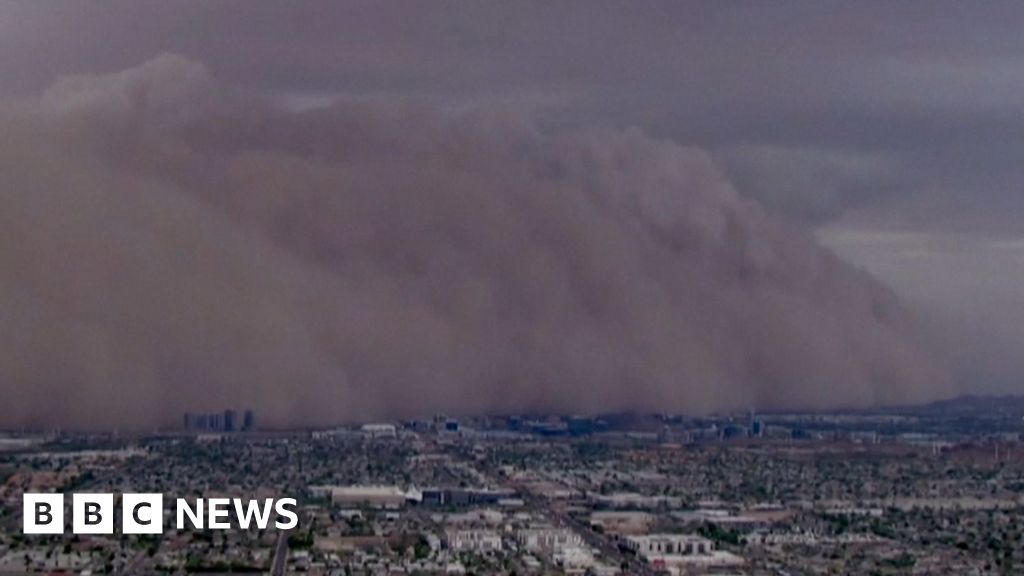A resident of Arizona has tragically died from pneumonic plague, as confirmed by health officials on Friday. This marks the first such death in Coconino County since 2007, a previous case linked to contact with an infected dead animal. The disease, infamously known as the "Black Death" during the 14th century, claimed approximately half the population of Europe but has become rare in modern times, with annual United States cases averaging around seven, according to the Centers for Disease Control and Prevention (CDC).
Local authorities from Coconino County affirmed that the public’s risk of exposure remains low. “Our hearts go out to the family and friends of the deceased,” said Patrice Horstman, Chair of the Coconino County Board of Supervisors. “We are keeping them in our thoughts during this difficult time.” Out of respect for the family, health officials have refrained from disclosing further details regarding the incident.
Pneumonic plague arises as a severe lung infection stemming from the Yersinia pestis bacterium. There are various forms of the plague, with bubonic being the most prevalent and contracted via flea bites. Pneumonic plague is a particularly grave form that can spread to the lungs from untreated cases. Symptoms generally manifest within two to eight days post-exposure, potentially including fever, chills, headache, weakness, and swollen lymph nodes.
In the UK, plague is virtually non-existent, and health authorities report a very low likelihood of cases occurring among returning travelers. To prevent the spread of disease, officials recommend using insect repellent to guard against flea bites, avoiding contact with deceased animals or infectious materials, and steering clear of symptomatic individuals and crowded places where cases have been reported recently.




















